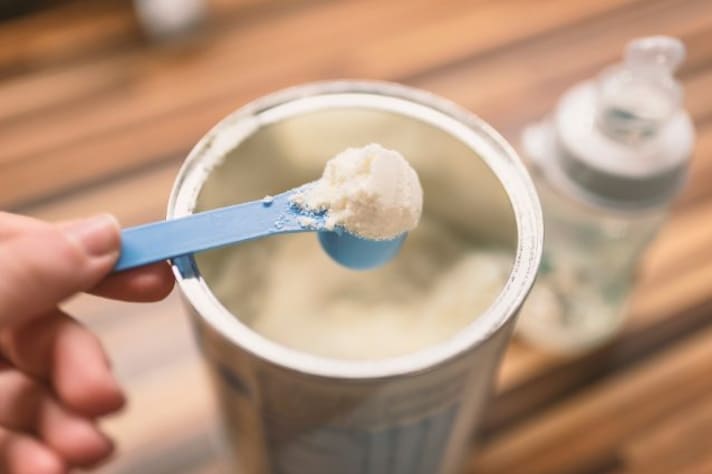The FDA Has Finally Set Guidelines for Amount of Lead in Baby Food, But Is It Enoguh? Not According to Experts!
The FDA has introduced its first-ever guidelines limiting lead levels in baby food, capping lead at 10-20 parts per billion for certain products. While a positive step under the "Closer to Zero" initiative, critics argue the voluntary guidelines lack enforcement and exclude high-risk items like grain-based snacks, leaving gaps in protecting infants from lead exposure.

In a move that's been simmering for years, the U.S. Food and Drug Administration (FDA) has finally set forth guidelines to limit the amount of lead permissible in processed baby foods. This initiative, part of the FDA's "Closer to Zero" campaign, aims to reduce dietary exposure to contaminants in foods consumed by infants and young children. The guidelines specify acceptable lead levels: 10 parts per billion (ppb) for fruits, most vegetables, yogurts, custards, and single-ingredient meats; and 20 ppb for root vegetables and dry infant cereals. While this step is a recipe for progress, some experts argue it's missing key ingredients.
Critics Say FDA's Recipe Needs More Seasoning
Despite the FDA's attempt to spice up regulations, critics believe the measures fall short. Thomas Galligan, a scientist with the Center for Science in the Public Interest, stated, "FDA's actions today are a step forward and will help protect children. However, the agency took too long to act and ignored important public input that could have strengthened these standards." The guidelines are currently voluntary, and the FDA can take enforcement action if it finds foods that surpass its recommended limits. However, the lack of mandatory compliance leaves room for concern.

Notably, the FDA's new guidelines don't cover all the items on the baby menu. Grain-based snacks like puffs and teething biscuits, which have been found to contain higher levels of lead, are absent from the current regulations. This omission has left some parents and health advocates with a sour taste, questioning the comprehensiveness of the FDA's approach.
Recent Recalls Highlight Ongoing Risks
The urgency of stricter regulations is underscored by recent recalls of baby food products due to elevated lead levels. Between October 2023 and April 2024, more than 560 children fell ill after consuming lead-tainted apple cinnamon puree, according to the Centers for Disease Control and Prevention. The amount of lead detected in those products was more than 2,000 times higher than the FDA's maximum allowable limit. These incidents serve as a stark reminder that, while the FDA's new guidelines are a step in the right direction, there's still a long way to go before parents can rest easy about the safety of all baby foods on the market.
;Resize,width=767;)



